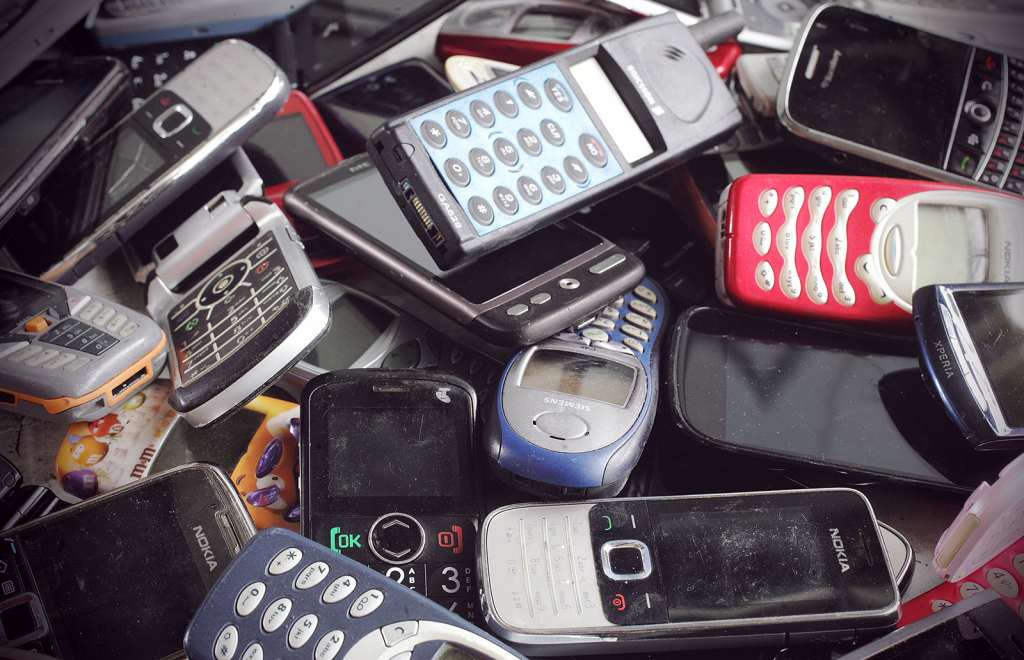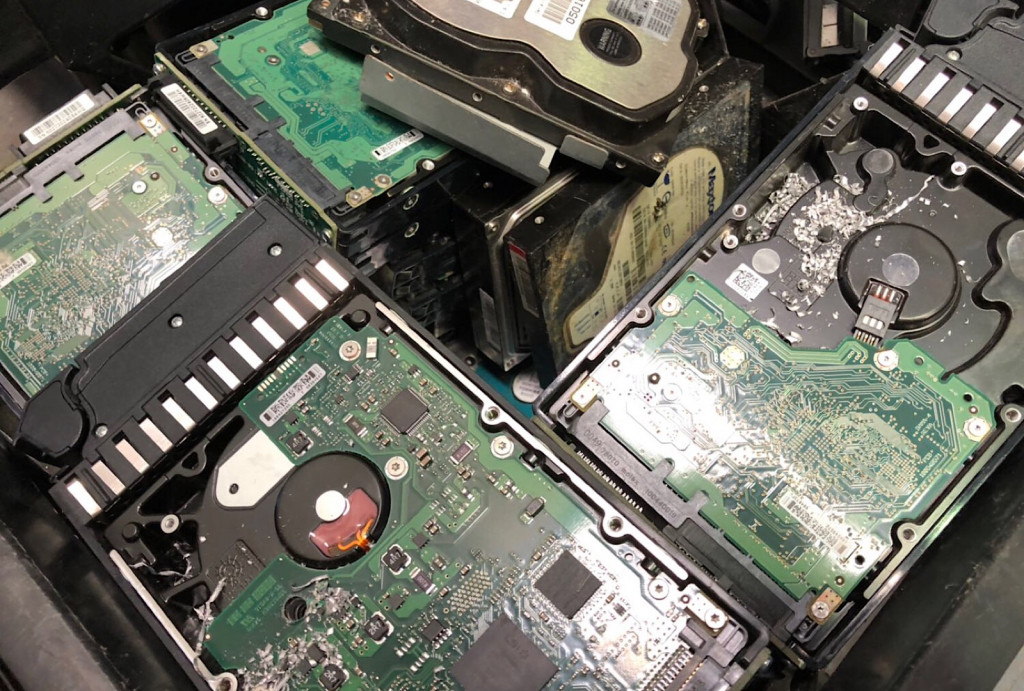It’s hard to believe just how much of the world is digital, and also how quickly we move on from older technology. As you begin to throw out devices, how do you treat data?
Data is everywhere. It’s on phones, on tablets, on computers and watches and CDs and DVDs and so on and so on, and some characters are called it to exemplify just how much data is in the world.
Data is everywhere, and much of it is personal. While it might not be photos you’re worried about getting onto the world, we’d hazard a bet you wouldn’t be too thrilled about banking details or information relevant to your security or personal life getting out online, and yet when we store it on old devices that we eventually throw out, that is something that might just happen, as the device is freed and the data a little bit easier to find.
It’s not quite the same as the hacks that end up happening to major companies, which in turn results in a release of data, but in a way it’s the same, because the release of this information — data that was at one point safeguarded — ends up in much the same way: out in the open, free for the taking.
“It doesn’t matter if you are a startup or a big business like Uber, you need to realise how important data privacy and data security is, or risk falling victim to a privacy breach, which you may or may not even be aware of,” said Joel Prokic, Co-founder of G1 Asset Management, an Australian business centrered around the disposal and security of electronic waste.

What is easily becoming a big issue in our upgrade-centric world, “e-waste” is electronic media that you’re throwing out, or that you intend to.
It’s the hardware we no longer use, including hard drives, USB sticks, phones, tablets, and computers, and while most Australian councils offer e-waste clean-up days to pick up the hardware off the side of the road and melt the parts down for reuse and recycling, there’s always a risk that some devices may not make it that far, and could be grabbed freely and the data pillaged.
In fact, data on USB sticks can be amongst the easiest to access, simply because they’re not often thought about. With a bit of effort, you can snap them in half, and that will make things more difficult, though Prokic did say that “it would still quite be possible to recover the contents of the stick while the IC chips [inside the USB stick] remain”, meaning if there’s seriously critical stuff on those USB sticks, you certainly want to avoid throwing them out with the garbage.

According to Prokic, there are better ways of getting rid of the hardware than merely throwing them into a recycling bin and hoping for the best.
“For consumers, I would recommend using a government funded recycling scheme like what is available from Officeworks,” he said. “For corporate users, the only safe option is to use a professional IT Asset Disposal (ITAD) company who provide detailed reporting of the equipment and the data sanitisation.”
Old phones even have the option of going through Mobile Muster, and it has drop-off points not only all over the country, but provided through bags that come with select new phones, but if you can’t get to one of the government supported schemes, Prokic suggests looking for an e-waste day where you can drop your gear off, and ensuring they have listings for ISO 9001, ISO 14001, or has AS5377 certification, which will at least tell you that “they and their downstream partners will recycle the waste to industry best practise”.
“Due to the importance of data security, governments around the world have research and published standards for data erasure,” said Prokic.
“Using the correct tools and procedures certified by these government bodies can give you peace of mind that the data has been erased to best practice.”







Comments are closed.